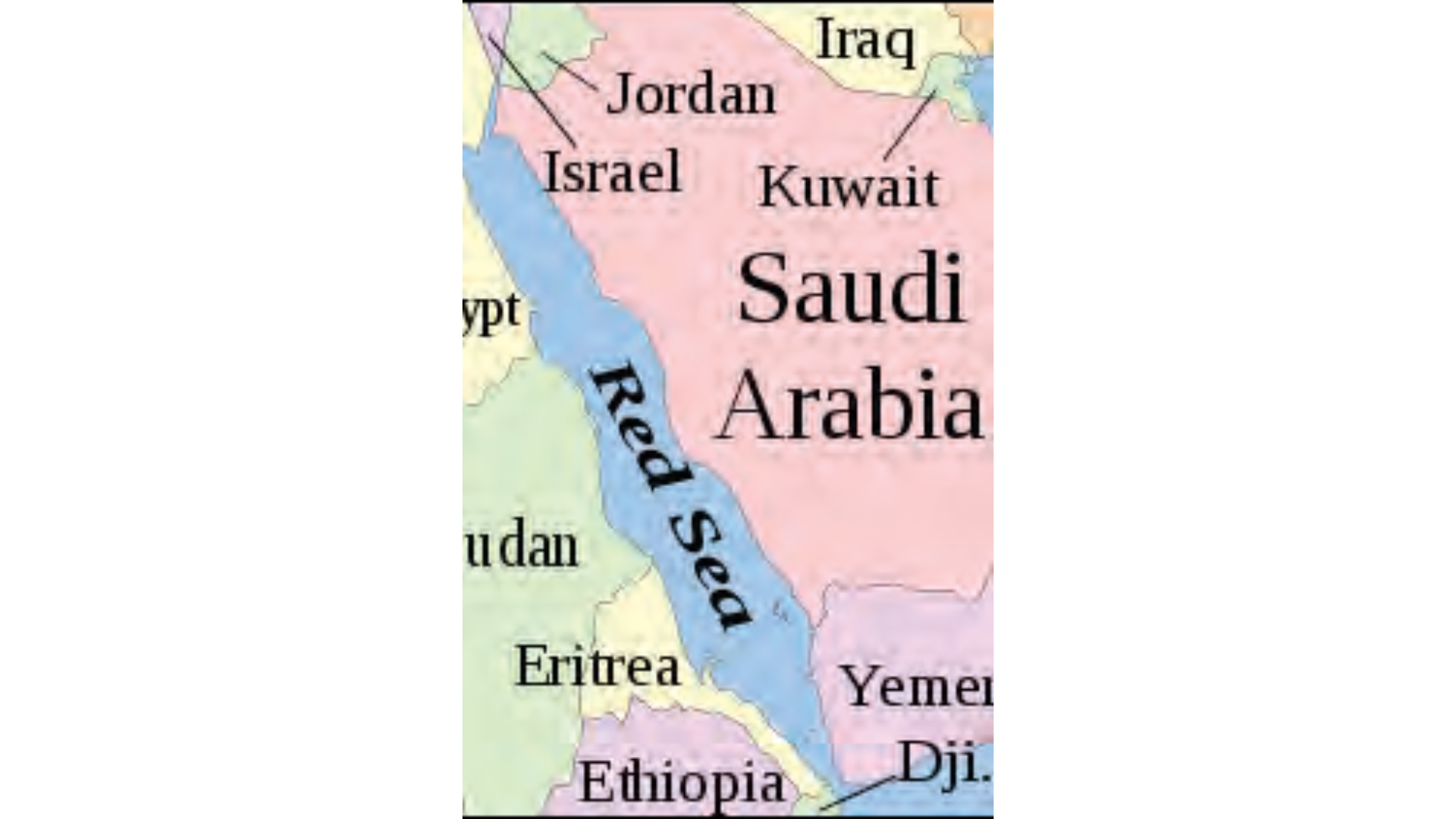India may have avoided direct involvement so far in the West Asian conflict that escalated after the United States and British airstrikes that pounded targets in Houthi rebel-held Yemen, but New Delhi has stepped up diplomacy to secure its interests in the Red Sea and other adjoining regions being affected due to the attacks and counter attacks.
While Iran-backed Houthis’ disruptions of maritime traffic in Bab-el Mandeb strait continue to be a cause of concern for New Delhi, the Indian diplomatic establishment is also keeping a close eye on China’s behaviour amidst the ongoing conflict. The Sunday Guardian has learnt from diplomatic sources that the US through its intelligence network is also closely monitoring every single statement and activity of China amidst the current situation in the Red Sea and Yemen.
“Apprehensions are there that China might try to fish in troubled waters as has been its policy and strategy everywhere in the world,” a diplomat told this newspaper. “While External Affairs Minister S. Jaishankar and US Secretary of State Antony Blinken on Thursday discussed the shared concerns over the reckless Houthi attacks in the southern Red Sea and the Gulf of Aden, they also took into account the overall approach of China towards the entire development in the Red Sea and Yemen,” a senior diplomat said.
In fact, Beijing has refused to deploy its naval forces in the Red Sea against the Houthi militias as invited by the United States, saying that it would not do so unless its own ships are threatened. China has indicated that it took such a stand so as not to send mixed signals on the Gaza war. Some say that China does not want to imply that it is going along with the US position on Gaza.
Houthi militants say they are acting in solidarity with the Palestinians, as Israel and Hamas wage a war in Gaza. Indian officials, however, do not seem to be convinced with what China is indicating. They are of the view that “the present worsening situation demands that China should play a constructive role in mitigating the crisis.” Beijing also abstained from voting when the UNSC passed a resolution condemning Houthi attacks in the Red Sea.
The UNSC also demanded Houthis to immediately stop attacks. The question is why China is now expressing concern over growing tensions in the Red Sea when it does not want to be part of any effort to stop the conflict in the region, asks a diplomat.
“On the one hand, the Chinese foreign ministry called on all sides to prevent the Yemen conflict from expanding, but on the other hand Beijing is dragging its feet when urged to cooperate with global efforts to stop all this,” he added.
“Remarkably, China is stopping short of calling the Houthis to obey international maritime law as it is a serious violation of international law to attack commercial shipping. Actually, Beijing is itself a big violator of such laws that control and regular countries’ behaviour in the sea,” an official says. China’s aggression in the Indo-Pacific, South China Sea and East China Sea, is an example of this. The US and India are also analysing the report saying that many vessels are now using their signals to indicate that they have links to China in an effort to avoid a hijack attempt by the Houthi rebel group in the Red Sea.
“This is all what has prompted India and the US to raise doubt over China’s behaviour,” the diplomat says, adding, “US intelligence agencies and Indian Navy are monitoring the Chinese naval forces activities as well.” “The US through its intelligence network is also keeping a tab over every single action and statement from Beijing vis-à-vis the current situation in the Red Sea. The inputs will be shared with the Indian diplomatic establishment as well,” sources said.
According to sources aware of the matter, Jaishankar clearly told Blinken that India was interested in ensuring safe navigation through the Red Sea as obstruction would have negative implications for the economy.
India has also shared concerns with the US over security and safety of Indian sailors who are employed on the vessels flying other flags, say officials. Jaishankar also discussed the West Asia conflict with Emmanuel Bonne, Diplomatic Advisor to the President of France. French ships are actively patrolling the Red Sea as part of a US-led international mission to protect ships from attacks. “Jaishankar discussed the situation of the Red Sea with French diplomat Bonne, underlining the need to ensure the safety of sailors and vessels which are important for every country’s economy,” sources said. In another significant diplomatic engagement, Jaishankar is visiting Iran on Monday amid growing concerns over escalation of tensions in West Asia.
The EAM will meet his counterpart Hossein Amir-Abdollahain and will also call on Iranian President Ebrahim Raisi. India will voice its concern both over the deteriorating humanitarian situation in Gaza and the Houthi attacks on commercial ships like MV Chem Pluto, off the Indian coast.
It is no secret that Iran wields huge influence over the Houthis. India has deployed warships in the region amid the growing incidents of attacks and piracy. Jaishankar is expected to talk to his Iranian counterpart about the security issues in the Red Sea where the situation is far from normal due to continued attacks by the Houthis. S. Jaishankar’s Iran visit is important also because it is taking place just days after his talks with Blinken. “Houthis need to be stopped by the UN approved action. India has conveyed it to the UN,” says an official.

